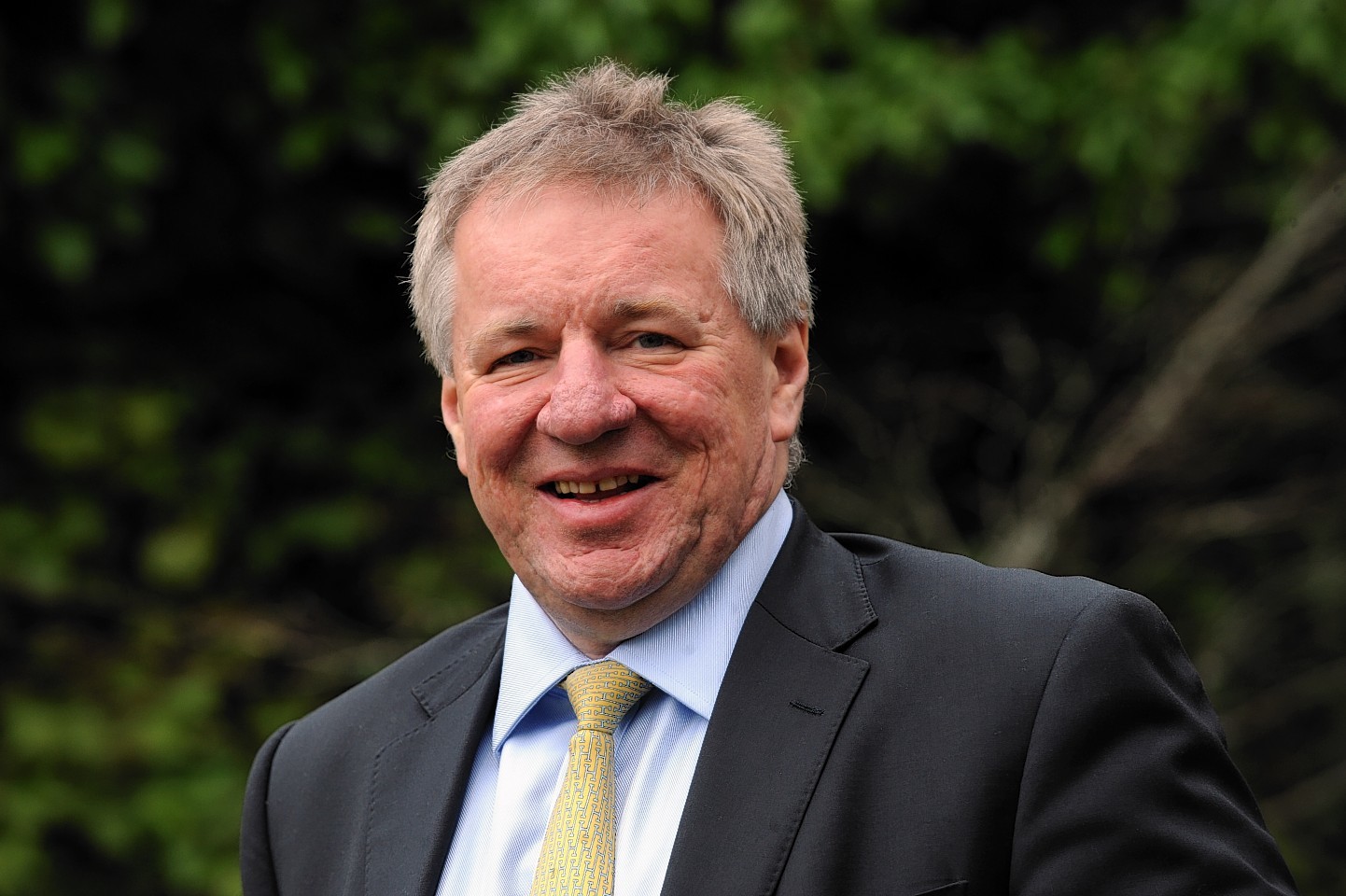Although the price of oil is stabilising, the UK government needs to support the North Sea in its upcoming budget or risk seeing development and exploration stop, a leading business figure has warned.
Martin Gilbert, the chief executive of Aberdeen Asset Management, said the price of oil – which continued a rising trend yesterday – was experiencing a “technical rebound”.
This was due to traders buying back hedges made by firms such as Ryanair, which earlier this week revealed it had hedged its fuel costs at $92 a barrel – expensive compared to the current price.
Mr Gilbert, speaking in Aberdeen yesterday, said he expected oil prices to reach an “equilibrium” but that policymakers in Westminster still had to act.
“They have got to do something, haven’t they,” he said. “Oil is very much a boom and bust cycle. You boom, everyone develops and explores. We are now in a down cycle, everyone stops.
“That leads to a shortage of oil which leads to the oil price coming back up.
“The government can take a choice – they either have to help oil companies in some way to continue developing – or else it will just stop.”
He added: “Oil is the key in Aberdeen. If they could just get a bit of confidence back in the oil price, confidence will return to Aberdeen.”
Yesterday, Aberdeen Asset Management was one of the FTSE-100’s “top fallers” as it reported a slump in assets under management in its most recent quarter.
Its share price fell 3.4% to 425p after it said that investor sentiment toward one of its key investment products – emerging markets – had softened.
The firm reported that its funds under management fell to £323.3billion at the end of 2014 from £324.4 billion three months earlier.
Mr Gilbert admitted it was a “tough time” for such investment products but took a philosophical view: “[Emerging markets] are out of fashion at the moment – of course that may be the time to buy them.”
Mr Gilbert, who was attending the money manger’s annual general meeting at the Marcliffe Hotel, added that he was “surprised” that the Granite city had been rated as “dismal” by an architecture magazine.
“I think it is unfair because it is regularly voted as the number two most desirable place to live in the UK,” said Mr Gilbert.
“I don’t know quite how they reached that conclusion. Maybe it’s the nightclubs.”
